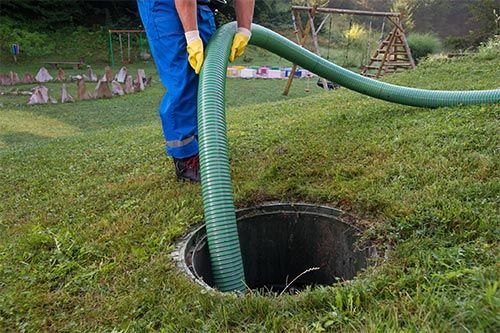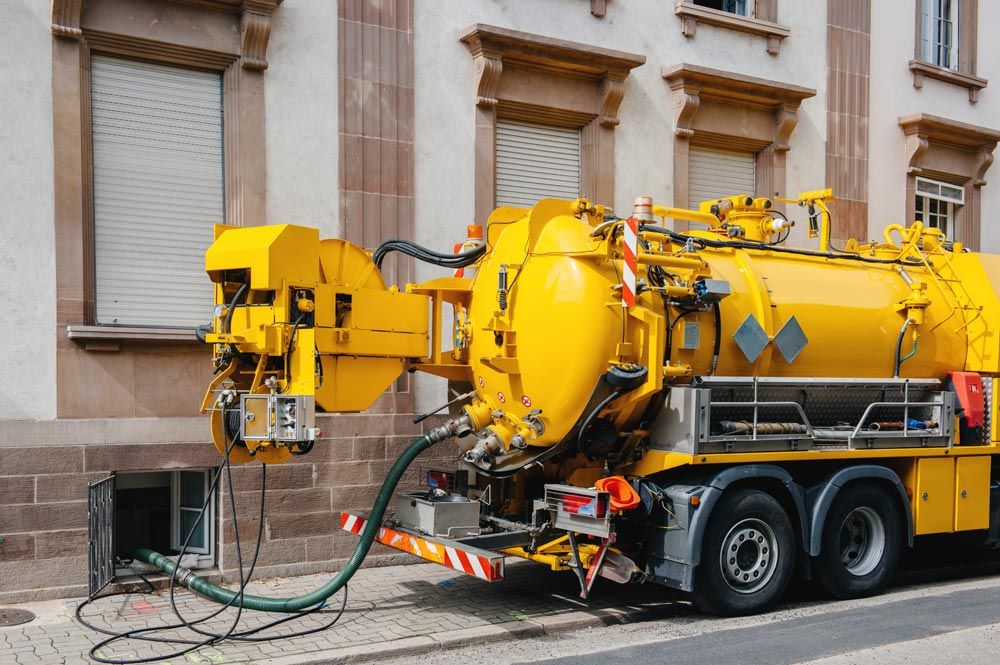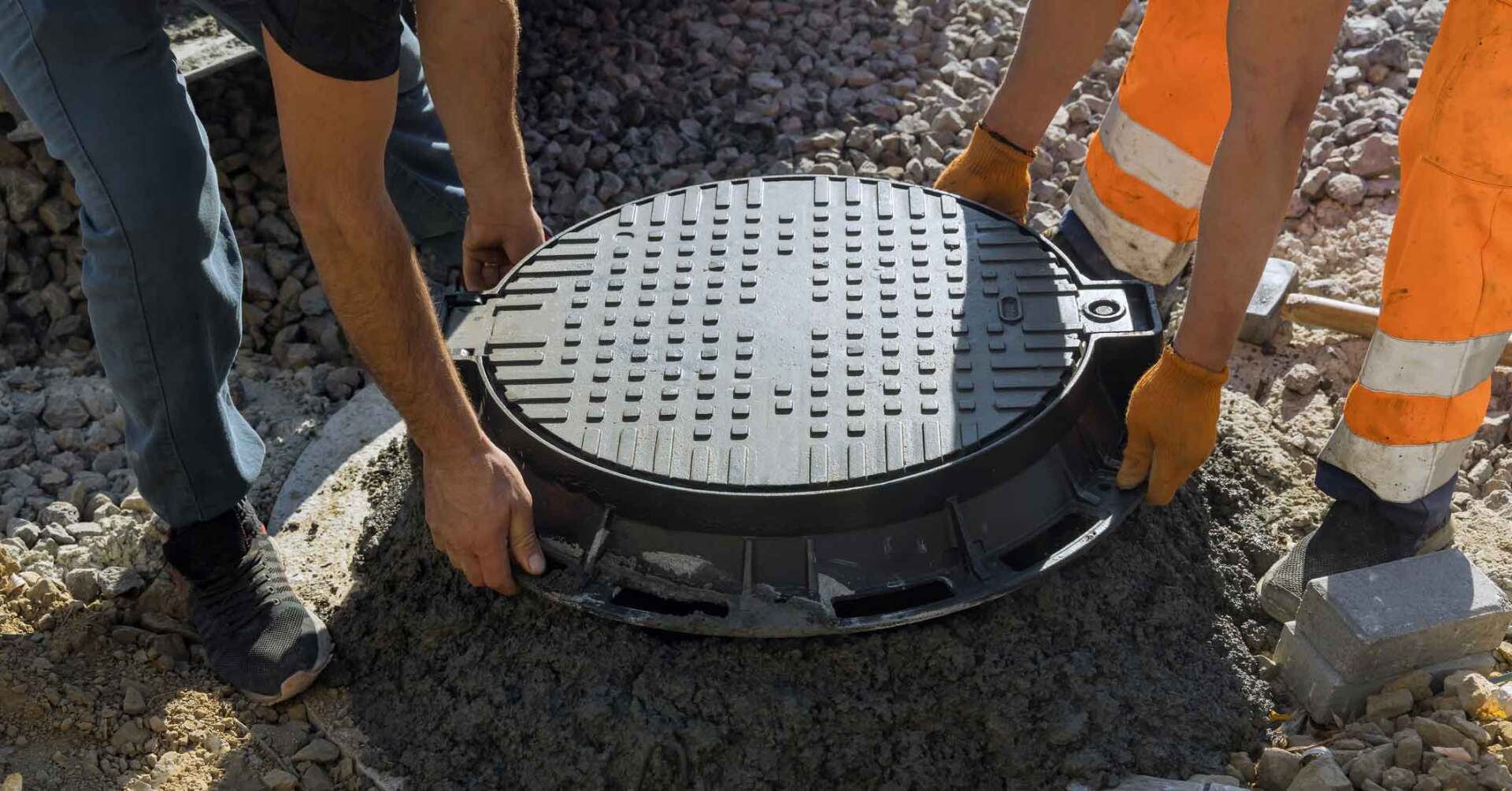House Cleaning Tips When Your House Is on SepticHouse Cleaning Tips When Your House Is on Septic
- By Admin
- •
- 05 Nov, 2018
- •

When you have a septic tank, you need to put more thought into what goes down your toilets and drains. Just because something seems fine to flush or rinse down the drain doesn't mean it is, and you even have to consider what cleaning chemicals may negatively affect your septic system. Many cleaning products and other items will make their way into your septic tank where they will cause damage to the system.
Here are some tips you need to follow to protect your septic system.
Watch What Goes Down the Kitchen Sink
Garbage disposals can be convenient for cleaning off dishes after a meal. You should scrape larger leftover food pieces into the trash, but you can use the disposal to clean the rest of the smaller food particles off the dishes. The problem with this is those food particles will go through your plumbing and end up in the septic system.
The septic tank has a filter to catch any good-sized particles, to prevent solid particles from making their way from the tank into the leach field. And garbage disposals should grind food enough for it to fit through the plumbing system. But garbage disposals won't necessarily prevent clogs in the septic system once those smaller particles clump together.
Beyond small pieces of leftover food, you should also not clean greasy pans in the sink. Grease will harden as it cools, and this can lead to it clinging to the sides of the plumbing pipes until it causes a clog. If it does stay liquified long enough to make its way to the septic system, then it can still cause serious clogs there. The hardened grease lining the plumbing pipes can also break free and travel into the septic system to cause clogs.
Don't Flush Wipes and Paper Towels
If you used a cleaning wipe or paper towel to clean the sink or another area in your bathroom, don't flush it down the toilet. Even though paper towels may resemble tissue paper, they have a different composition.
The stronger texture of paper towels allows them to travel through the system without breaking down the way toilet paper will. This can mean big trouble for both your plumbing pipes and the septic system when they get caught up along the way to cause a major clog.
Some wipes you may use to clean either yourself or the surfaces in your bathroom will claim to be flushable. However, they often don't break down fast enough to make it through the plumbing and septic system. This means they can cause major clogs in both systems and should not be flushed, regardless of what the package claims.
Don't Use Harsh Chemicals to Clean Sinks, Tubs, and Toilets
So many cleaning chemicals are on the market, so it can be confusing to know which ones are best to buy. Most will claim to do the best job cleaning and have creative packaging intended to grab your attention. One thing these harsh chemicals have in common is that they are bad for your septic system.
While chemicals in cleaners can do a great job of disinfecting and cleaning surfaces, those chemicals also kill the healthy bacteria in the septic system that's important for its proper functioning.
Once the important bacteria have been destroyed, solid masses can develop that cause clogs in the leach field. This will require the septic system to be pumped, possibly a long time before it would have needed to be pumped otherwise.
You should use natural products to disinfect and clean your toilets, sinks, and tubs. For example, baking soda and vinegar will do a great job of keeping kitchen drains clean; baking soda and lemon juice will clean sinks and tubs while leaving them smelling fresh; and one-part vinegar to five parts water will make a good cleaning solution to use on sinks, tubs, and toilets. These natural cleaners won't cause issues in your septic system.
If you're having any issues with your septic system, you want to deal with it quickly. Putting off even small issues too long can lead to serious problems. Contact us at The Nibbler Company now if you are experiencing any issues with your septic system.
It is crucial to understand the impact that untreated wastewater can have on our environment and health. Learn more by reading this blog.
For homeowners who rely on well water, ensuring its purity is paramount. Read on to learn what factors contribute to your well water quality.
When a drain field becomes clogged, it causes a cascade of problems. Discover how a clogged drain field can affect the septic tank in our blog.
Septic tank maintenance is crucial to longevity. Discover how excess water can compromise your septic tank's functionality and what to do in this blog.
Some properties in rural communities typically have a septic tank. Discover septic tank specifications to consider when buying a home.
A backup in your septic system could spell serious trouble. Read this blog to learn the signs and causes of septic system backups.
Whether you want to install a new septic tank or need professional septic services, check out some factors to consider when picking a septic tank company.




